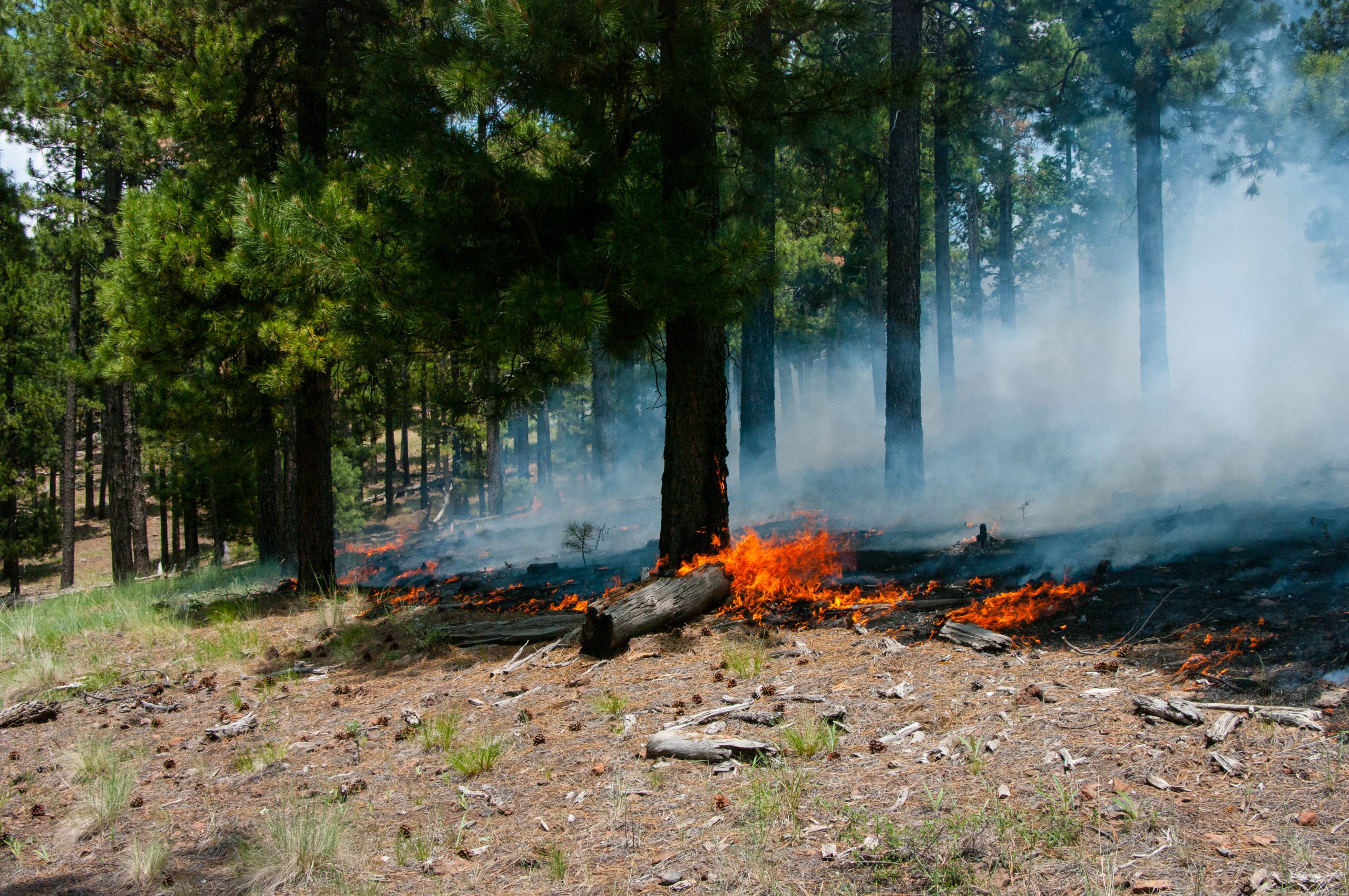
The phrase, “where there’s smoke, there’s fire,” is often used to describe situations where one thing almost certainly indicates the presence of another. However, establishing a contributing factor to a car accident and liability for negligence does not always follow so direct a relationship.
Shortly before Tropical Storm Lee reached the marshlands of Oak Island just outside of New Orleans in September 2011, an employee of the LPC (“Little Pine”), the entity that owns Oak Island, saw traces of smoke and reported it to the Fire Department (NOFD). NOFD investigated the scene and found a fire, but the area from which the smoke was coming was not accessible to fire crews. The onset of Tropical Storm Lee made it even more difficult for NOFD, which had called in the Louisiana Army National Guard — to reach the source of the smoke. Helicopter water drops were used to treat the fire, but access by boat or other means remained impossible. The fire continued to burn for months under the daily monitoring of NOFD.
On the morning of December 29, 2011, drivers traveling on Interstate 10 past the Oak Island marshlands suddenly encountered thick, dense fog and smoke clouds, resulting in nearly zero visibility. Scott Lowe, a passenger in one of the vehicles traveling on I-10, was involved in a multi-car accident caused by poor visibility conditions. Lowe filed a lawsuit against Little Pine, arguing that it acted negligently by allowing the marsh fire to burn for months after it began, allowing smoke to obstruct visibility along a major roadway, and failing to exercise due care regarding the safety of others. Little Pine filed a motion for summary judgment, arguing that there was no genuine issue of material fact about whether Little Pine was liable for an “unavoidable Act of God/force majeure.” In addition, Little Pine asserted it owed no duty to Lowe to extinguish the marsh fire. The trial court granted Little Pine’s motion for summary judgment, and Lowe appealed.
Louisiana’s Court of Appeal for the First Circuit began with a review of the duty-risk analysis under state law. The five elements under the analysis include: (1) whether there was a duty to conform to a specific standard, (2) whether the duty was breached by failure to conform to the standard, (3) whether the standard conducted was a cause-in-fact of the resulted injury, (4) whether the conduct was within the scope of protection for a legal cause of action for the injury, and (5) whether there was actual harm or damage. See La. C. C. art. 2315. On the application of the first element to the question of whether Little Pine had a legal duty to extinguish or otherwise control the marsh fire, the Court referenced Louisiana state law that vests in a fire protection officer the sole authority, command, and control over a situation that develops which the services of fire safety personnel are summoned. See La. R. S. art 22:1971.
In the Court’s view, once Little Pine reported the fire to NOFD and NOFD responded, there was no further legal duty owed to Lowe (or any other person) by Little Pine. Therefore, Little Pine had no duty to extinguish the marsh fire, and its failure did not constitute negligence under Louisiana law. As a result, the Court of Appeal affirmed the trial court’s grant of summary judgment in favor of Little Pine, and Lowe could not recover for his injuries in the accident.
This case demonstrates the need to take care when driving through smoke-filled air. Unfortunately for Lowe, his lawsuit did not end as he would have liked. It is essential to retain a skilled attorney in cases such as this.
Additional Sources: LOWE v. LITTLE PINE ISLAND CORP.
Written by Berniard Law Firm Blog Writer: Gina McKlveen
Additional Berniard Law Firm Articles on Negligence: Man Injured in the Back of Police Cruiser Loses in Negligence Suit; Appellate Court Rejects Appeal from Transportation Company Regarding Comparative Fault and Award; Court Allows Lawsuit Against Casino Involving Fall on Escalator to Proceed
 Insurance Dispute Lawyer Blog
Insurance Dispute Lawyer Blog

